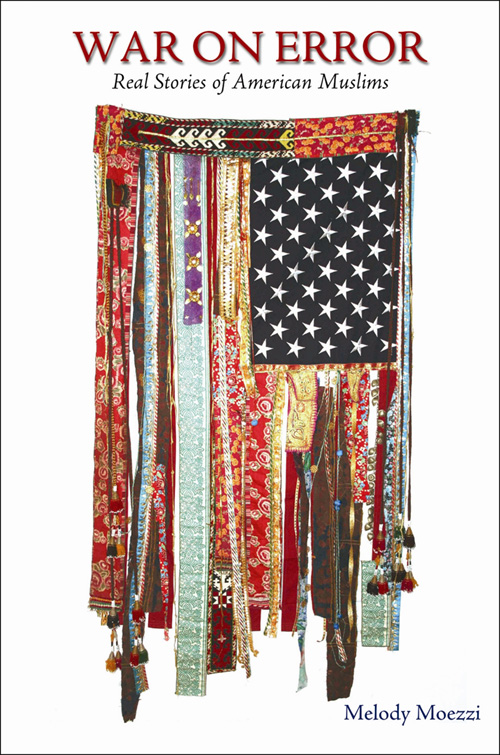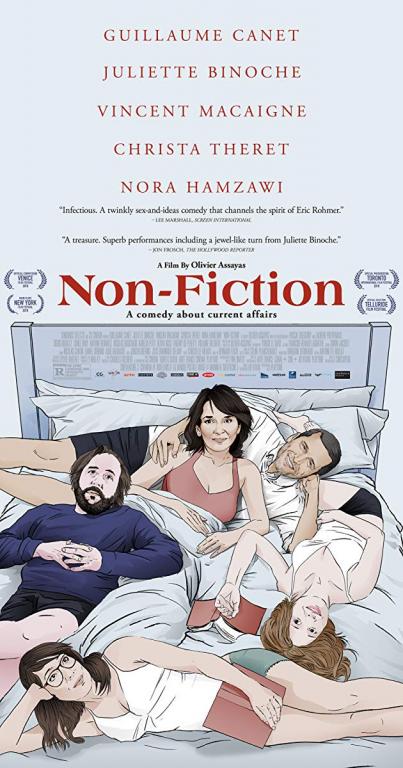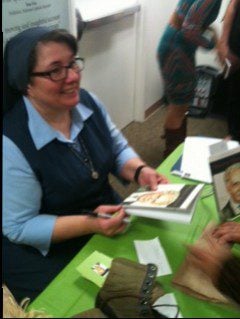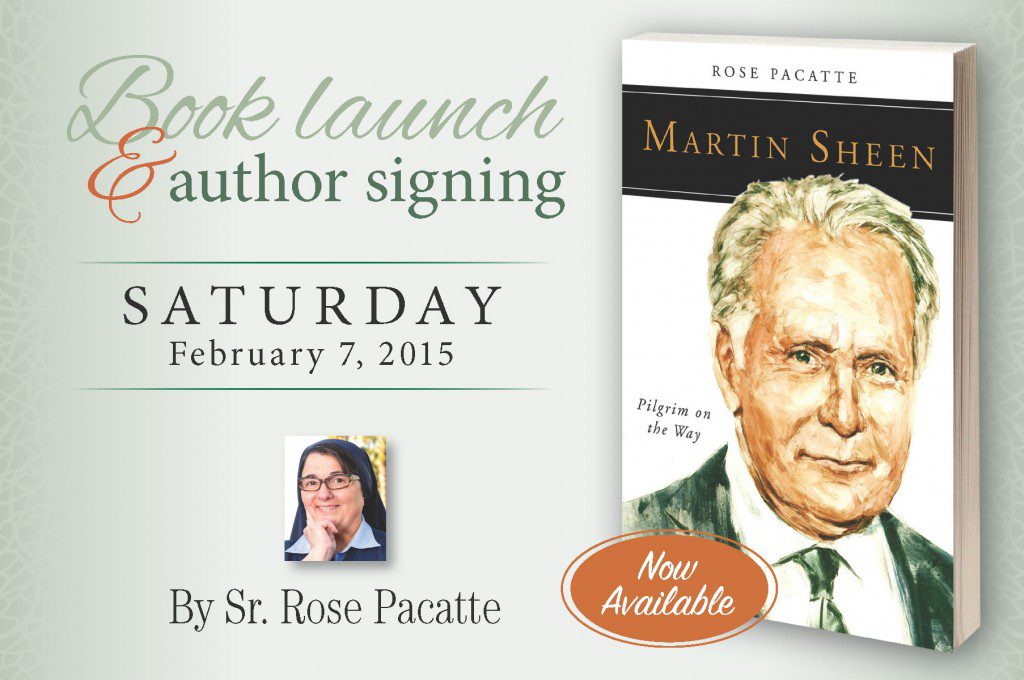When I was at the University of Dayton (working at the Institute for Pastoral initiatives for the online media literacy course www.vlc.udayton.edu) a couple of weeks ago I visited the university book store. While it is a typical college bookstore (though one of the better ones, I think) I found a section of books by local authors. Melody Moezzi’s book looked – and is – very appealing.
For a contemporary American writer, Moezzi excells in combining humor, self-reflection, and an open, long-sentence narrative style. She never rambles but sometimes she can leave you breathless. I felt like she wrote the book in a hurry!
Moezzi begins with her own story: an American-born child of Iranian parents who were skeptical of all religion. Her life, as with the other 11 people she interviews in the book, were changed by 9/11. She focuses on how American Muslims, mostly born here, or who converted here to Islam (or are on their journey to becoming Muslim), or fallen away, find themselves and identify themselves as Americans.
What the author offers is clarity about Islam. She elicits from these friends, relatives, or acquaintances their perspectives about Islam and why they reject extremism; why extremism is illogical to Muslims. These people are informed, well-educated, and some have suffered as a result of 9/11 because they follow Islam.
They were also typical American college students….
Moezzi’s wit is most noticeable when she describes how “American” these people are, or how they become American or are Americans that became Muslim. She is also very good at unmasking all the stereotypes about Middle Easterners. Not all Arabs are Muslim, for example. Many are Christian, many are Jewish (outside of Israel; although the Persian Jewish population, for example, is mostly in the diaspora). Iranians are not Arabic; they are Persian. People in the Middle East are not all the same, nor are their children who were born in the USA.
She also describes the essence of Islam and lets the interviewees say why terrorism is not part of it.
I did not get the feeling I was reading a book of Islamic apologetics, however. The book is too wry and sometimes poignant for that. I feel like I know more about Islam today. For example, The Five Pillars. At first glance the Pillars seem like a check-list of things to do to be a good Muslim, that these Pillars don’t require that a person grow and change spiritually and as a human being. But when there is authentic theology, the Pillars do provide a way of life that can be good for the person and the world. The lack of Islamic scholarship in the Middle East is probably the biggest challenge to Islam today. At least one of the interviewees also notes how U.S. policies often have not helped the people of the Middle East to set aside violence and strive for peace – yet none of those interviewed want to leave the US; they are Americans. They want to find a way to go forward as Americans of Middle Eastern descent (except for two who converted) who practice Islam to varying degrees.
I enjoyed reading this book for the insight and information it provides; for the way it invited me to walk in the shoes of someone else for awhile.
Dayton can be proud of this hometown author (who is also a lawyer and a journalist) and her work.
(For your homework, look up the Five Pillars of Islam).
War on Error: Real Stories of American Muslims
by Melody Moezzi
University of Arkansas Press, 2007
ISBN 10: 1-55728-855-0













